Practical “Machine Learning”

What is Machine Learning?
- Machine Learning is a branch of Artificial Intelligence (AI) that uses algorithms and statistical models to enable computers to learn and make predictions without being explicitly programmed.
- The core of machine learning lies in its ability to learn from data, recognize patterns, and make informed decisions. It has broad applications in healthcare, finance, retail, transportation, and many other industries, making it a crucial component of modern technology.
Course Overview
- This course provides a systematic learning experience in both the fundamentals and advanced techniques of machine learning, combining theory with hands-on practice.
- Using Python and its core libraries, you will learn the machine learning skills needed to solve real-world problems, gaining an in-depth understanding of various algorithms and models.
- Topics covered include:
- Classification, regression, model training, SVM, decision trees, ensemble methods, supervised learning, unsupervised learning, dimensionality reduction, clustering, and more
Target Audience
- This course is intended for learners who already have foundational knowledge of Python and data science.
- If you do not have these prerequisites, we recommend taking “Introduction to Data Science with Python” first.
Requirements
- Students: Personal laptop
- Institution: Classroom with internet, HDMI, and projector
- All necessary setups (accounts, power strips, etc.) will be provided and managed by AI Castle.
Example Exercises
- Classification
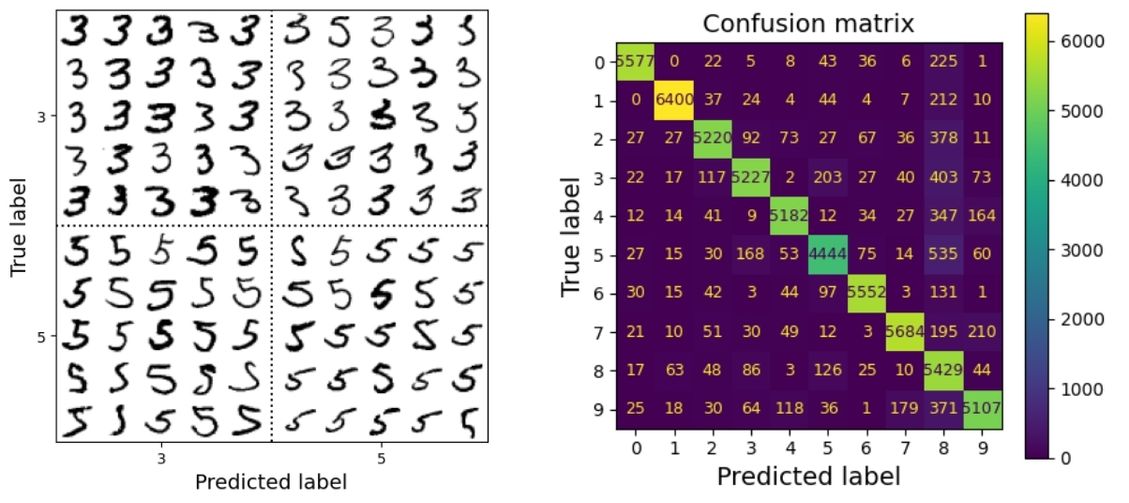
- Regression
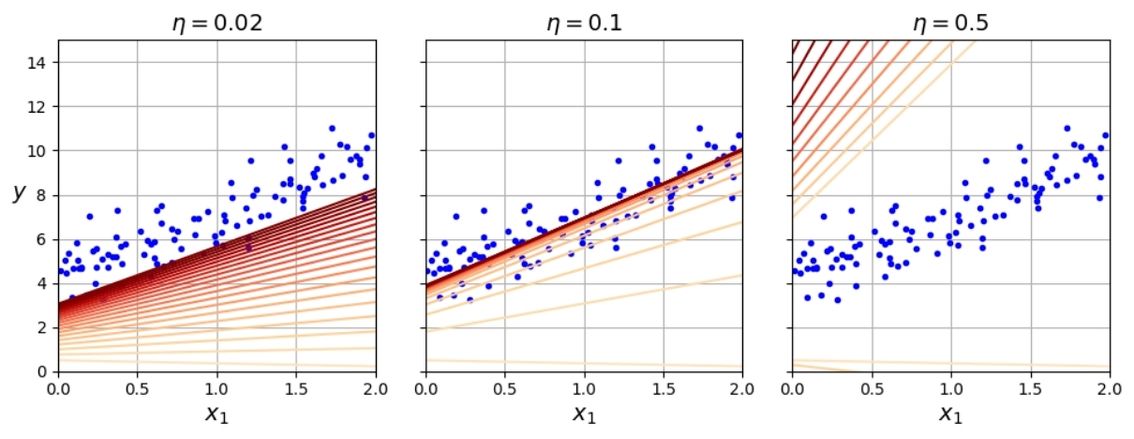
- SVM (Support Vector Machine)

- Decision Trees
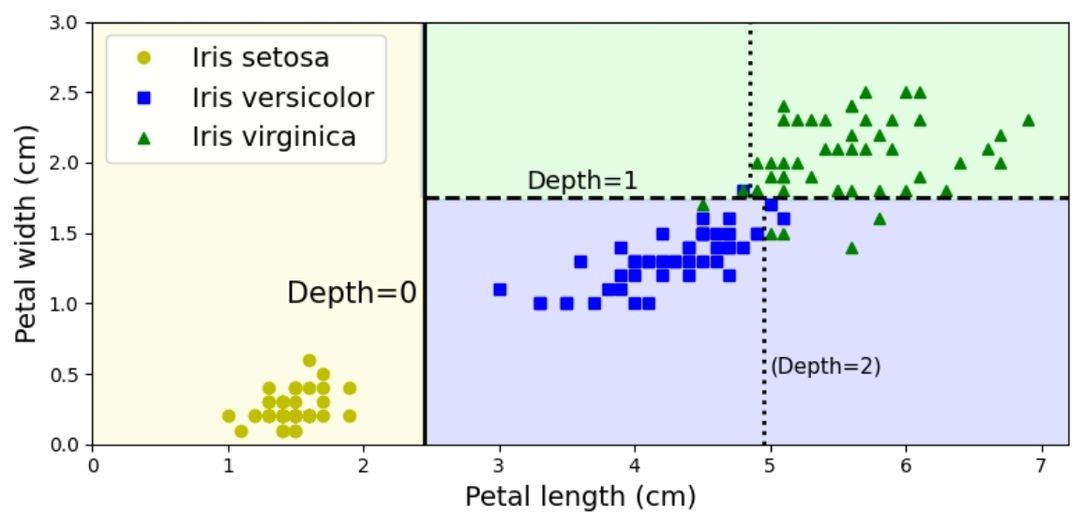
- Clustering
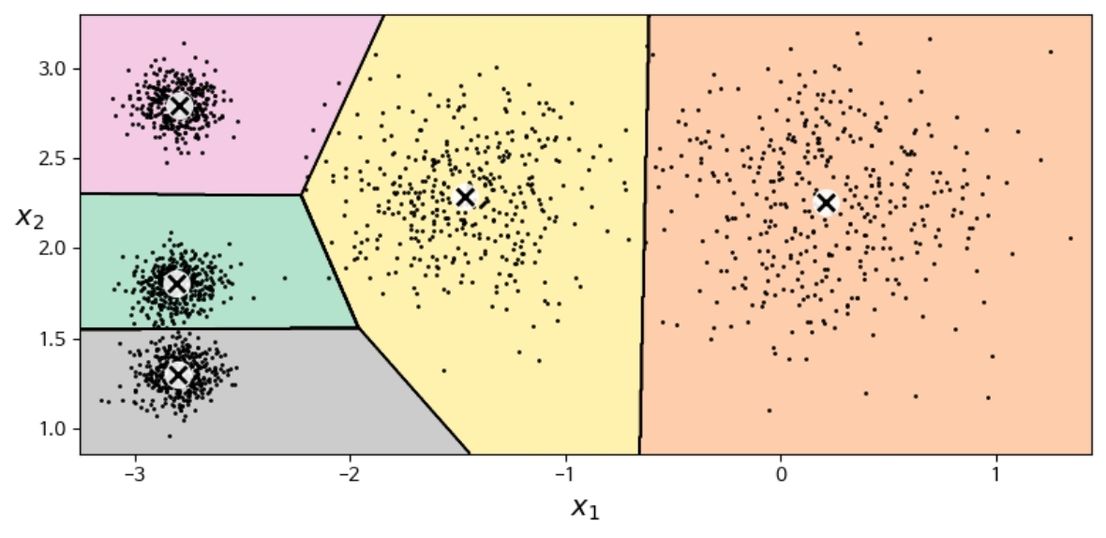
- Dimensionality Reduction
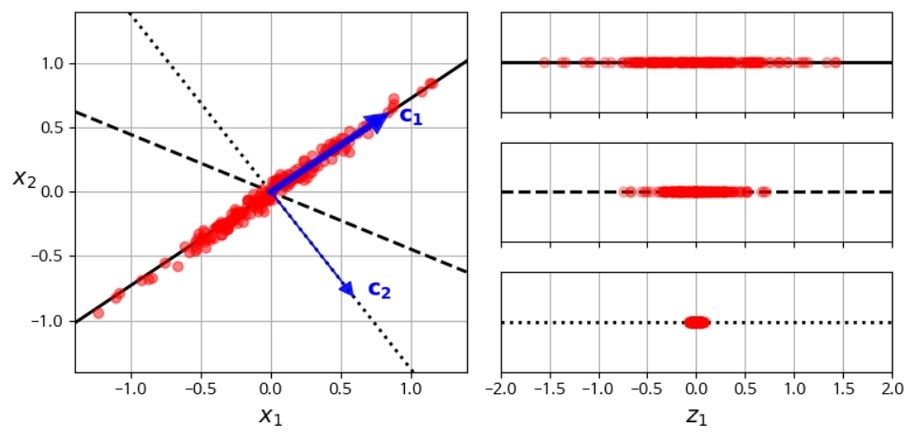
Curriculum
- This course is optimized for 100 hours of instruction.
- A minimum of 60 hours and up to 120 hours is recommended.